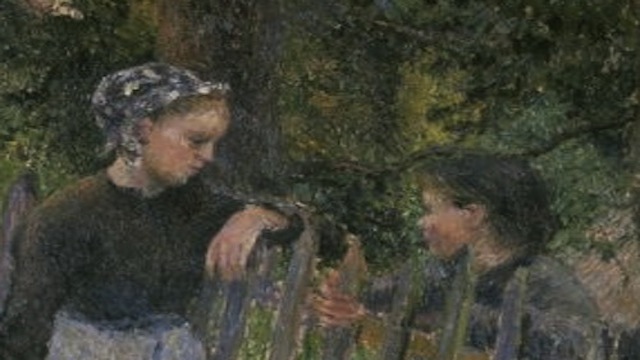Is Mad Men A Dangerous Idea?

Glamour is dangerous. Glamour is powerful. It cannot be bought. It cannot be bought, but for one exception: advertising. Ads can be purchased to produce the illusion of glamour. This is why electing to set a television series about America circa 1964 in an advertising firm is provocative. (And perhaps why it is successful.) We are shown what was being sold at the same time as we are being sold what was behind it. Kodak; drug abuse. Hilton; adultery. Lucky Strike; lung cancer. Reactions to the Kennedy assassination seen via the directorial lens of Barbet Schroeder was perhaps the apotheosis of ManMen’s sexy, ideological assault: artful, dark, and at once devoted to and cynical about the Dream. But this is not bad for us; it’s only television, right?
Schroeder understands the intersection of privilege and tragedy, a place into which the mythology of that November, 1963 moment in our history fits best. And that is the moment within which the writers of the show stage the breakdown of the Draper marriage. The writers are constantly reminding us that this show is about the production of seduction, the production of glamour; the fact that the show itself is a glamorous product makes for an elegant mise en abyme.
“Inception,” is a word current on the cultural radar: is this what this show does? If Mad Men could plant an idea in our mind it would be: transgression is necessary. The little as well as the larger transgressions in our lives, the ones that were once so central as to be invisible in everyday life. They are necessary. Transgression is the process we go through in order to arrive at reconciliation, forgiveness, and love.
Making America fall in love with Don Draper is dangerous, because we will want to be him, or be with him, and both of these will bring moral compromise. Draper is the show’s Tony Soprano, not its Mr. Darcy. Unlike in Jane Austen, this cannot end well.
Katie Roiphe’s New York Times piece on the show said this:
The show seems to be managing, just barely, an existential crisis over ordinary life. It is “The Lonely Crowd” in television drama. It asks the man in the suit, commuting home, will you die of constraint, of boredom, of domestic propriety, or will you break out, will you run off? Don Draper, who suffers so attractively, quotes Frank O’Hara, “Now I am quietly waiting for/ the catastrophe of my personality/ to seem beautiful again.” And one wonders if perhaps there is an audience of successful, healthy couples in the new mode, sitting in their bedrooms with flat-screen TVs waiting for just that same thing.
The O’Hara poem is called “Mayakovsky.” Mayakovsky was a poet, too. He killed himself. Frank O’Hara died at forty, following an accident. Don Draper’s dangerous idea might be that you can commit a crime and survive. Or it might be his belief that a simple, good life is not enough.





